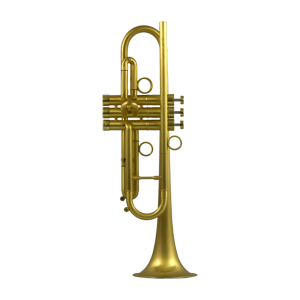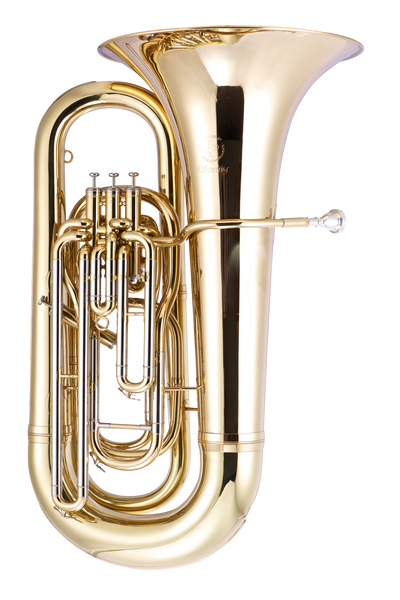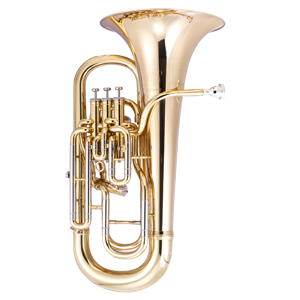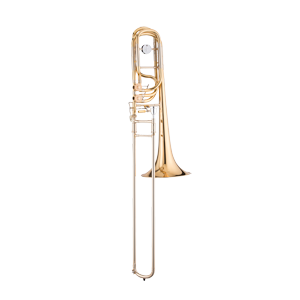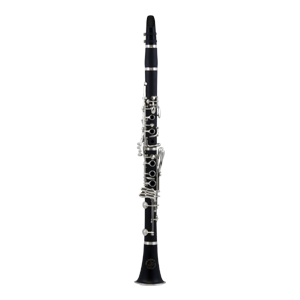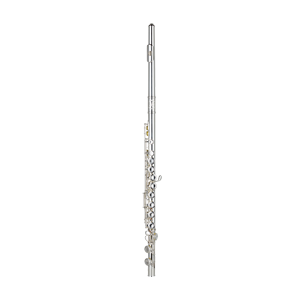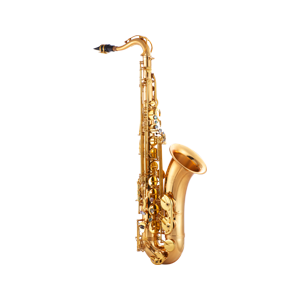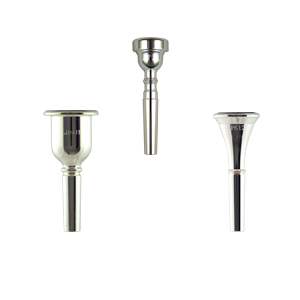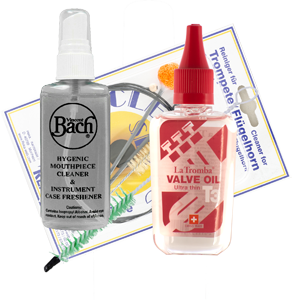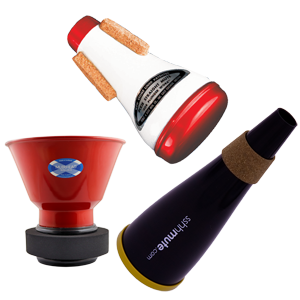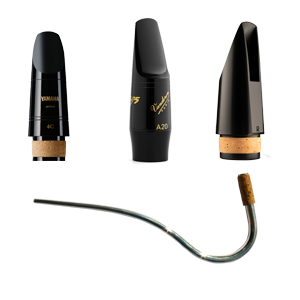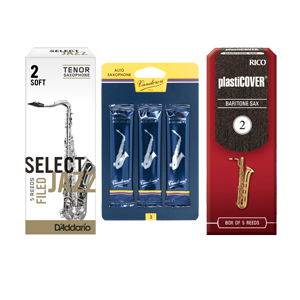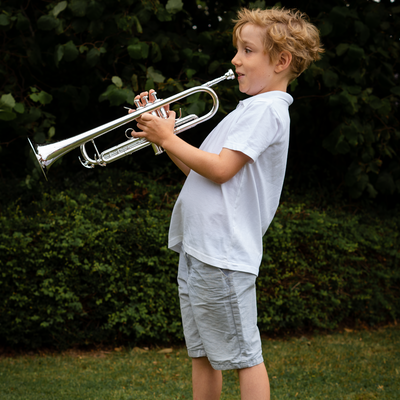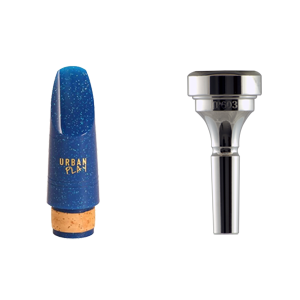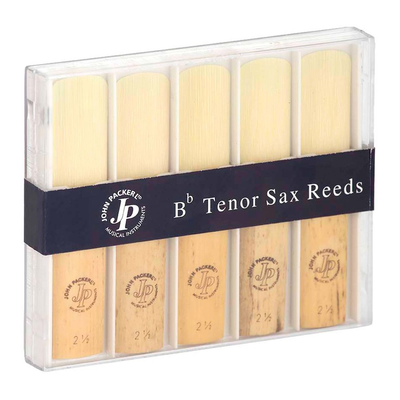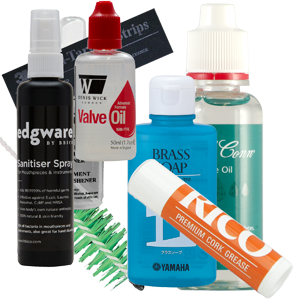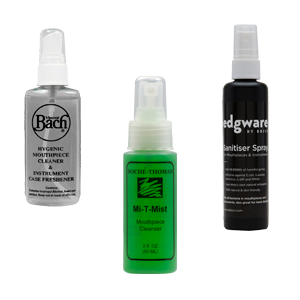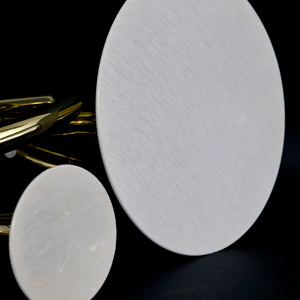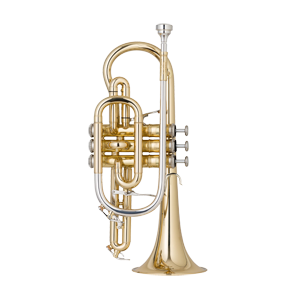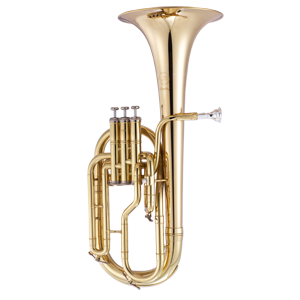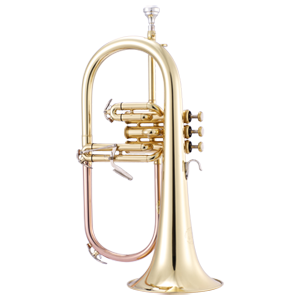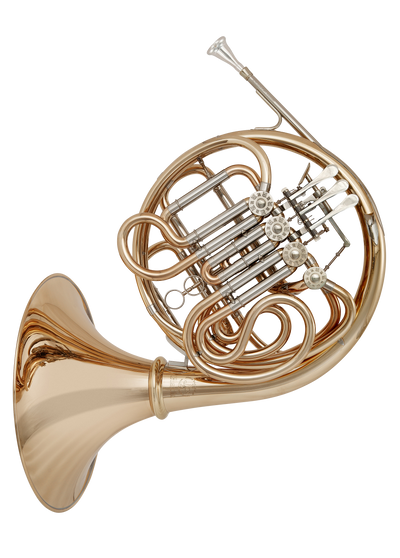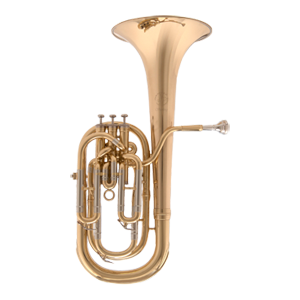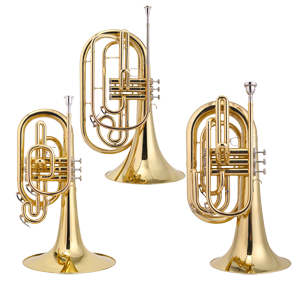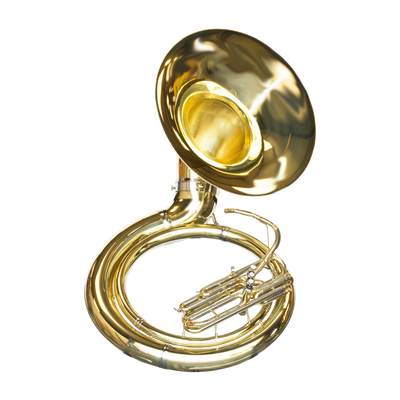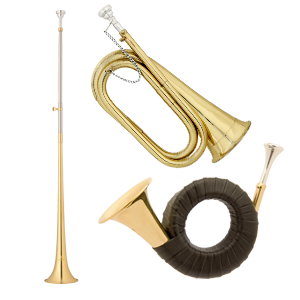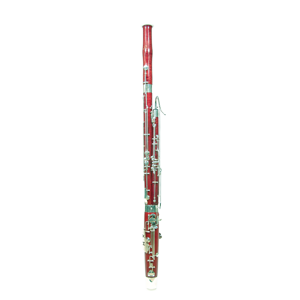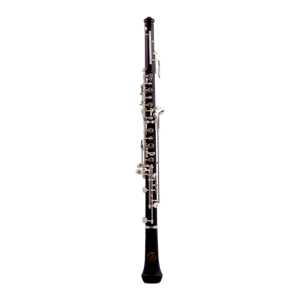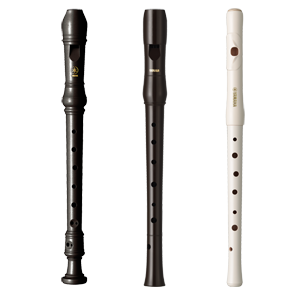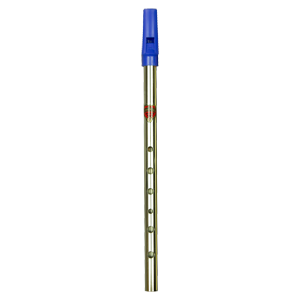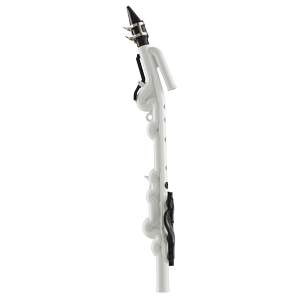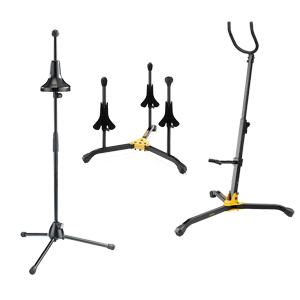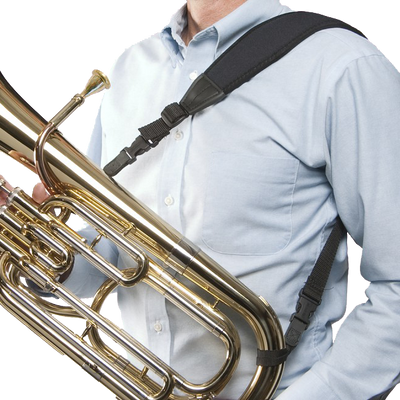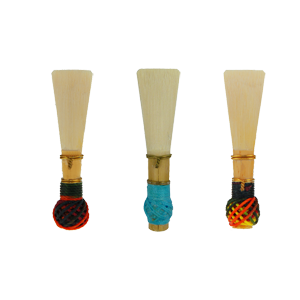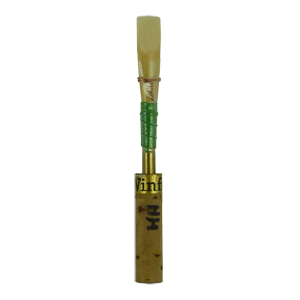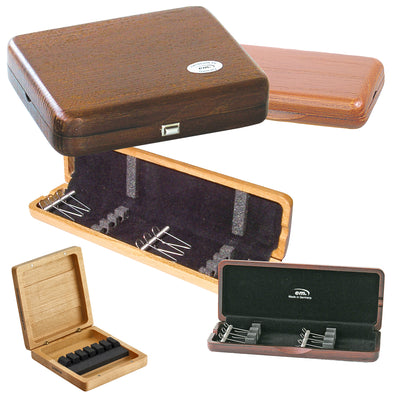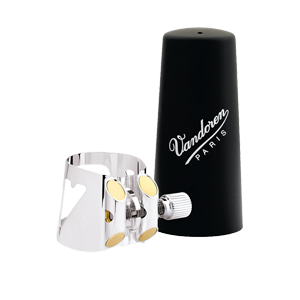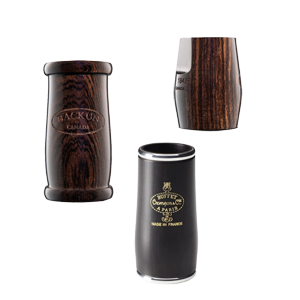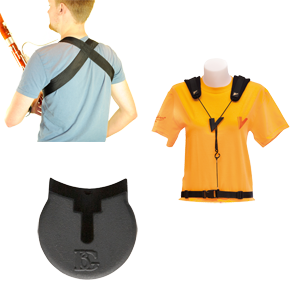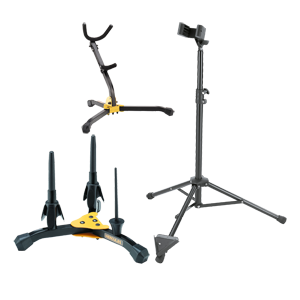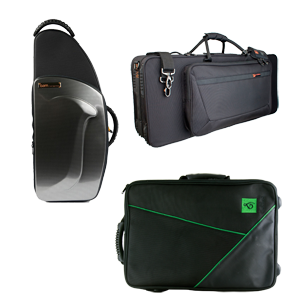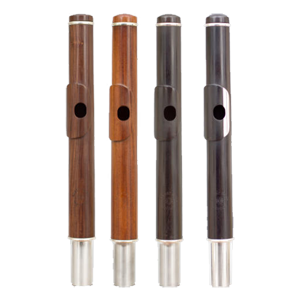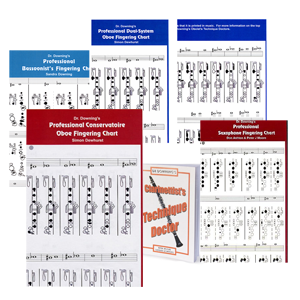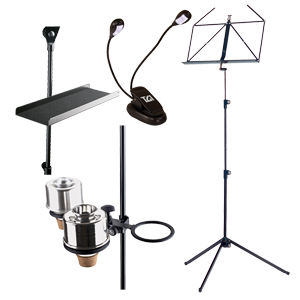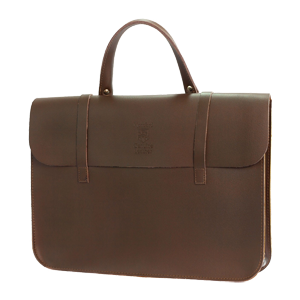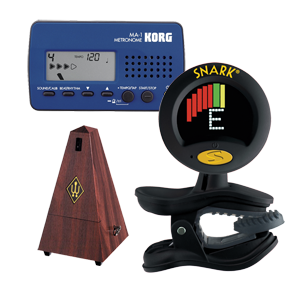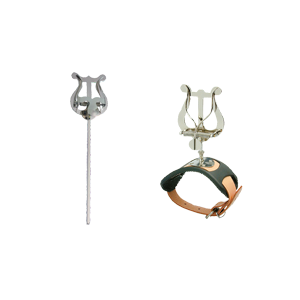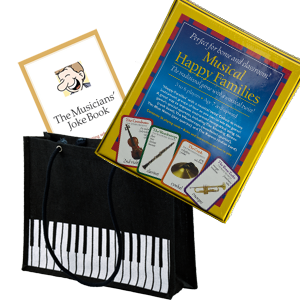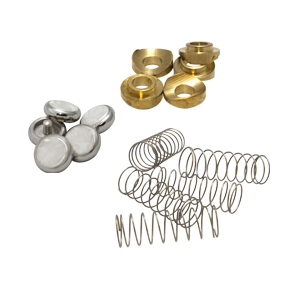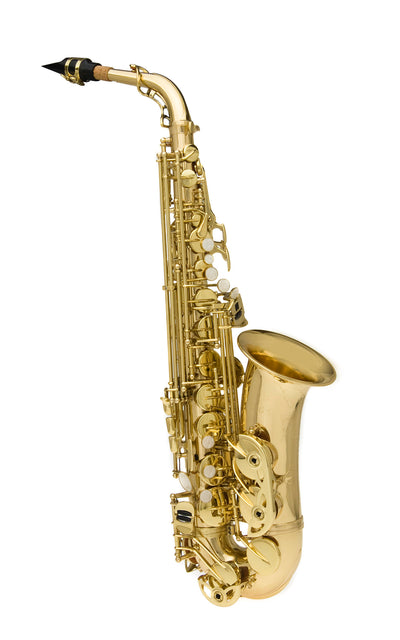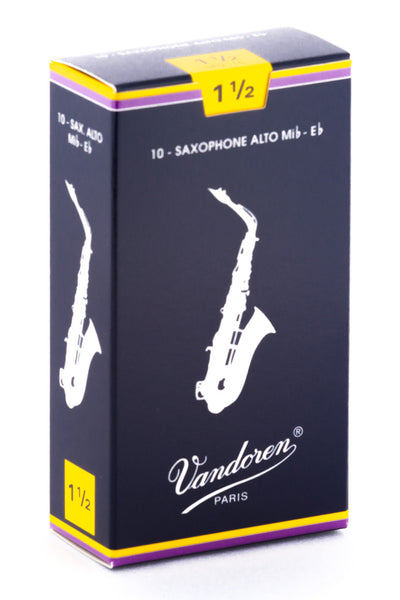Tips for trying new woodwind mouthpieces
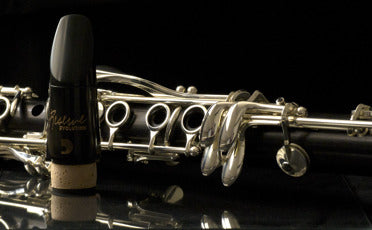
Tips for trying a new woodwind mouthpiece
Most beginners start with a universal mouthpiece that's easy to blow, and very affordable. A few years in, many musicians find that their mouthpiece is now holding them back, and are at a more discerning stage to know what mouthpieces work better for them.
As the mouthpiece is the first vessel into your clarinet and saxophone (after yourself), it's role is incredibly important. The mouthpiece directs the air and is an affecting factor of your tone.
So you've decided to look into changing your mouthpiece - what next?
Well you can either do a lot of research about popular mouthpieces or you can go in blind and do some trials. There's not a right or wrong here; in many respects not knowing too much can mean you're not being
unduly influenced. The mouthpiece has to suit you, not the populous! However, a mouthpiece has to suit your budget - but we can advise on this and make sure you're given an appropriate selection to trial.
Here's some other tips we've compiled:
- Try the same one twice! Most mouthpieces are made on a factory line with precision equipment, but sometimes it's still worth trying more than one of the same type/model for quality anomalies.
- We would recommend testing in places you’re used to playing, for concentration and so you can measure the difference in sound in familiar surroundings.
- Test with a tuner - that's pretty obvious!
- Play with a fresh reed. Reeds adapt to mouthpieces, so taking a dog-eared reed from your existing mouthpiece won't give you an accurate account of the mouthpiece.
- Don't change the ligature. A fresh reed yes, but don't go changing to a new ligature if you can help it. While this might be a long term aim it can mean there are just too many variables - focus on one issue at a time.
- Get fresh ears! It can be helpful asking someone else to listen to you play, but you can also record yourself too.
- Try a wide variety – (though with younger students its advised not too many to avoid confusion.)
- Give yourself a break! Decision fatigue, embouchure fatigue - these are all real issues. Try and limit how much time you spend trialling - it's worth noting as you play, what you like or not, and how that perhaps varies from a first blow to some time later.
- Accept that there's not a right or wrong mouthpiece for you. You evolve, mouthpieces evolve. What suits you now in your currently playing ability might not suit you later, for all manner of reasons. You're only looking to replace your mouthpiece now because of that evolutionary process!
- Enjoy the process! It's great being at a stage where you can carve out the type of sound you want to create. Imagine you are Harry Potter getting a new wand at Ollivanders.
We hope you enjoyed these tips. Have you got any others you'd add? Let us know!
In the meantime you can browse our mouthpieces. Or if you'd like some specific advice on mouthpieces, or would like to arrange a trial feel free to give us a call on 01823 282386 or email alice@johnpacker.co.uk



